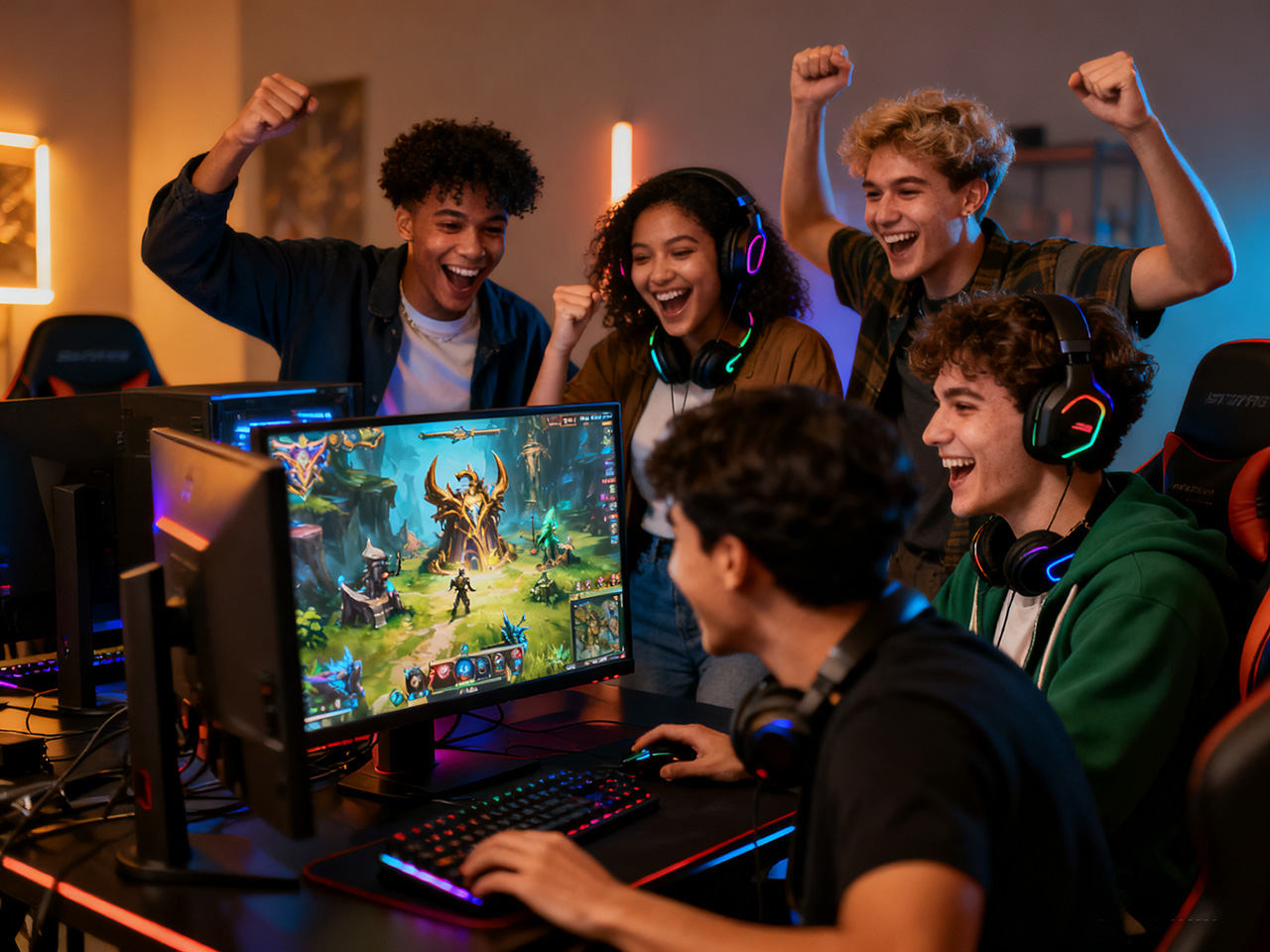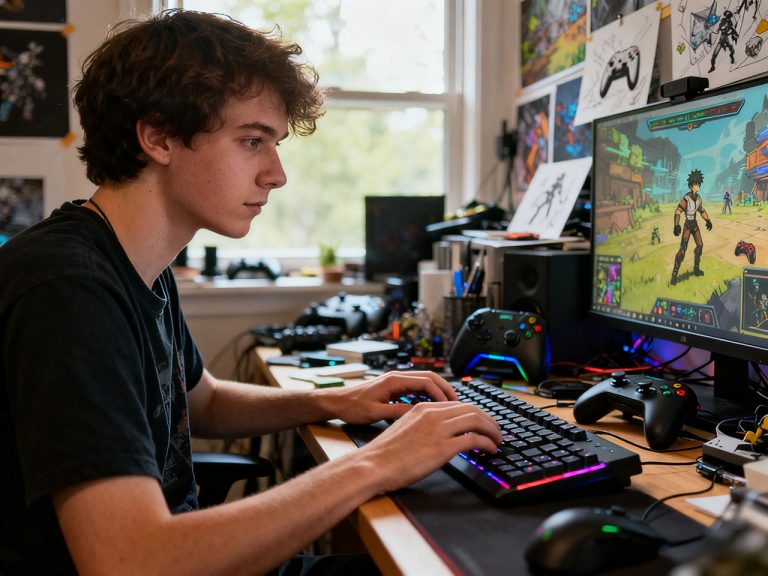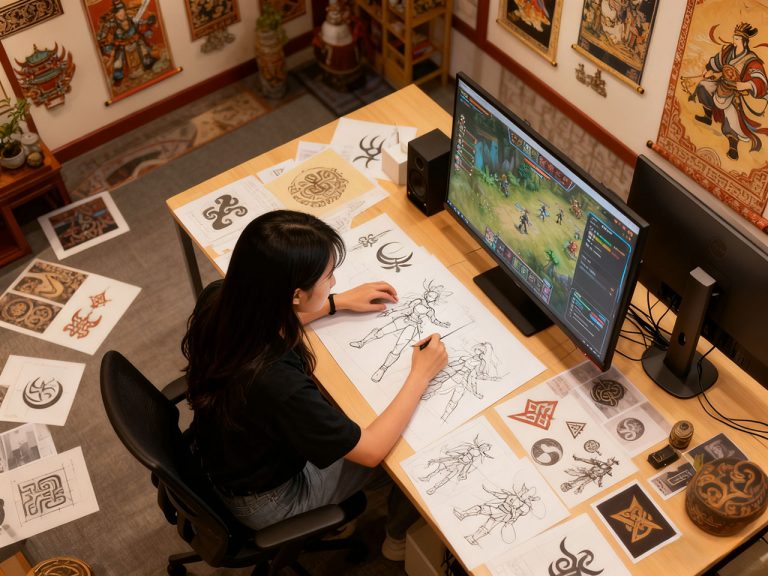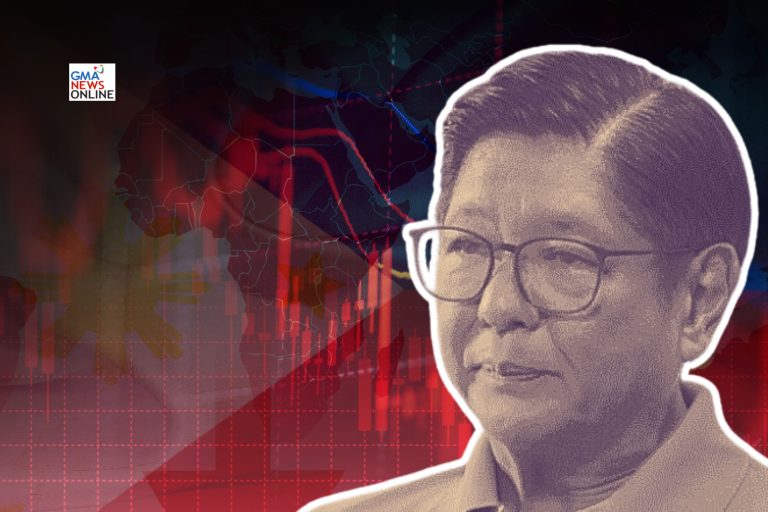
The Power of Community: Exploring the Role of Fan Bases in the Success of Online Games
In the ever-evolving landscape of online gaming, the community aspect has become a cornerstone of success. While the intrinsic allure of a game—its graphics, storyline, and mechanics—remains important, the role of a vibrant fan base is undeniable. Communities transform games from mere entertainment products into cultural phenomena, driving engagement, loyalty, and longevity.
The Evolution of Gaming Communities
Gaming communities have come a long way since the days of local arcades and LAN parties. With the advent of the internet, players began to connect globally, forming vast networks of fans who share tips, create content, and build friendships. This evolution has been bolstered by the rise of social media platforms and streaming services, which allow for seamless interaction between developers and fans.
Consider how platforms like Reddit and Discord have facilitated the creation of dedicated spaces where gamers can discuss strategies, share fan art, and even organize events. These platforms play an essential role in fostering a sense of belonging and community among players.
The Impact of Fan Bases on Game Longevity
The presence of a dedicated fan base can significantly extend the life of an online game. Games like “World of Warcraft” and “League of Legends” have remained relevant for over a decade, largely due to their active communities. These communities often generate a wealth of user-generated content—such as mods, fan fiction, and tutorials—that keeps the game fresh and engaging.

Moreover, fan bases often serve as a feedback loop for developers. By actively engaging with their communities, developers can receive valuable insights into player preferences and issues, enabling them to make informed updates and improvements. This iterative process strengthens the relationship between the developers and the community, fostering a loyal player base.
Community-Driven Marketing and Virality
In the digital age, traditional marketing strategies are often supplemented by the organic reach of fan communities. Word of mouth remains a powerful tool, and a passionate fan base can amplify a game’s visibility exponentially. When players share their experiences on social media or through streaming platforms like Twitch, they reach potential new players who might not have discovered the game through conventional advertising.
Games like “Among Us” and “Fortnite” have seen explosive growth largely due to viral moments created by their communities. These games have become cultural touchstones, with memes and fan art spreading across the internet, showcasing the power of community-driven marketing.
Challenges in Managing Online Communities
While the benefits of strong gaming communities are clear, managing these communities can be challenging. Toxic behavior, such as harassment and cheating, can threaten the health of a community. Developers need to implement robust moderation tools and policies to maintain a positive environment for all players.
Community managers play a crucial role in this aspect. They mediate disputes, enforce community guidelines, and often serve as the bridge between players and developers. By maintaining open lines of communication and fostering inclusivity, community managers help ensure that the community remains a welcoming space for all.

Case Studies of Successful Fan Base Engagement
Several games exemplify the power of community engagement. One notable example is “Minecraft,” whose developer, Mojang, actively involves the community in the game’s development process. By soliciting feedback and showcasing fan creations, Mojang has cultivated a dedicated and creative fan base that contributes to the game’s ongoing success.
Similarly, “Destiny 2” by Bungie has built a strong community by regularly communicating with players through updates and community events. This engagement has fostered a sense of ownership among players, who feel that their feedback directly influences the game’s evolution.
Another example is “Final Fantasy XIV,” which experienced a turnaround from its initial struggles to become one of the most beloved MMORPGs. The game’s director, Naoki Yoshida, credits the active engagement and feedback from the community as a driving force behind the game’s resurgence and continued success.
The Future of Gaming Communities
As technology continues to advance, the potential for gaming communities will only grow. Virtual reality and augmented reality are poised to create even more immersive experiences, allowing for new forms of interaction and community building. Developers will need to adapt to these changes, finding innovative ways to engage and expand their fan bases.
Furthermore, the integration of blockchain technology and NFTs in gaming could redefine ownership and community involvement. Players may have more control over in-game assets, fostering deeper connections and new economic opportunities within gaming communities.
Takeaways

The power of community in the success of online games cannot be overstated. Fan bases are essential for driving engagement, extending a game’s lifespan, and amplifying its reach. By fostering strong, positive communities, developers can create rich, interactive worlds that players are eager to be a part of.
As the gaming industry continues to evolve, the symbiotic relationship between games and their communities will remain a crucial factor in determining which games thrive in the competitive market. By understanding and harnessing the power of community, developers can ensure that their games not only succeed but also leave a lasting impact on the world of entertainment.
Leveraging Community Feedback for Continuous Improvement
One of the most potent advantages of having an engaged fan base is the ability to leverage community feedback for continuous improvement. Players, often being the most ardent users of a game, offer insights that can be invaluable for developers. This feedback ranges from bug reports to suggestions for new features, balancing issues, and more.
Games that excel in this area often have dedicated forums or feedback systems where players can voice their opinions. The developers of “No Man’s Sky” utilized community feedback to transform their initial release, which was criticized for its lack of content, into a rich, expansive universe. By listening to their community and implementing requested features, the developers regained player trust and revitalized the game’s reputation.
The Role of Esports and Competitive Play

Esports have become a significant aspect of gaming communities, turning competitive play into a global phenomenon. Games like “Dota 2,” “Counter-Strike: Global Offensive,” and “Overwatch” have professional leagues with massive fan followings, thanks to the excitement and camaraderie they foster.
These competitive communities not only drive the popularity of the games but also encourage players to improve their skills. The allure of becoming a professional esports athlete or simply competing at a higher level keeps the player base engaged and active. Tournaments and live events further bolster community interaction, providing opportunities for fans to meet and celebrate their shared passion.
Inclusivity and Diversity in Gaming Communities
As gaming communities grow, the importance of inclusivity and diversity becomes increasingly evident. Games that create environments welcoming to players of all backgrounds tend to build more robust and supportive communities. Initiatives like the “Women in Gaming” movement and the push for better representation of different cultures and identities in games are crucial to this effort.
Developers who prioritize inclusive practices not only enhance the social fabric of their communities but also open their games to broader audiences. For example, “The Sims” franchise is renowned for its inclusive gameplay options, allowing players to express diverse identities and lifestyles. This inclusivity contributes significantly to the game’s enduring popularity and community loyalty.
Encouraging Player-Generated Content
Player-generated content is another critical element in sustaining vibrant gaming communities. Many successful games provide tools and platforms for players to create and share their own content, from mods and custom maps to fan art and machinima. This not only extends the life of the game but also fosters a sense of ownership and creativity among players.

Valve’s “Steam Workshop” is a prime example of a platform that encourages player creativity. Games like “Skyrim” and “Garry’s Mod” have thriving modding communities that continually add new dimensions to the gameplay experience. These contributions keep the community engaged and attract new players eager to explore the expanding possibilities.
Nurturing the Next Generation of Gamers
As communities grow, they inevitably play a role in nurturing the next generation of gamers. Veteran players often take on mentorship roles, guiding newcomers through complex game mechanics and introducing them to the community’s culture and values. This mentorship helps new players feel welcome and encourages them to become active participants in the community.
Educational initiatives within communities, such as workshops or tutorials, further aid in this process. These efforts ensure that the community remains dynamic and continuously infused with fresh perspectives and ideas.
Conclusion: The Enduring Influence of Gaming Communities
In conclusion, the power of community in the world of online games is both profound and far-reaching. Fan bases not only contribute to the success and longevity of games but also shape the very nature of the gaming experience itself. By fostering strong, inclusive, and engaged communities, developers can create environments where players are not just consumers, but active participants in a shared adventure.
The future of online gaming will undoubtedly continue to be shaped by these vibrant communities, as they inspire creativity, collaboration, and connection among players worldwide. As developers and players alike recognize the value of these communities, the potential for innovation and growth in the gaming industry is limitless.






